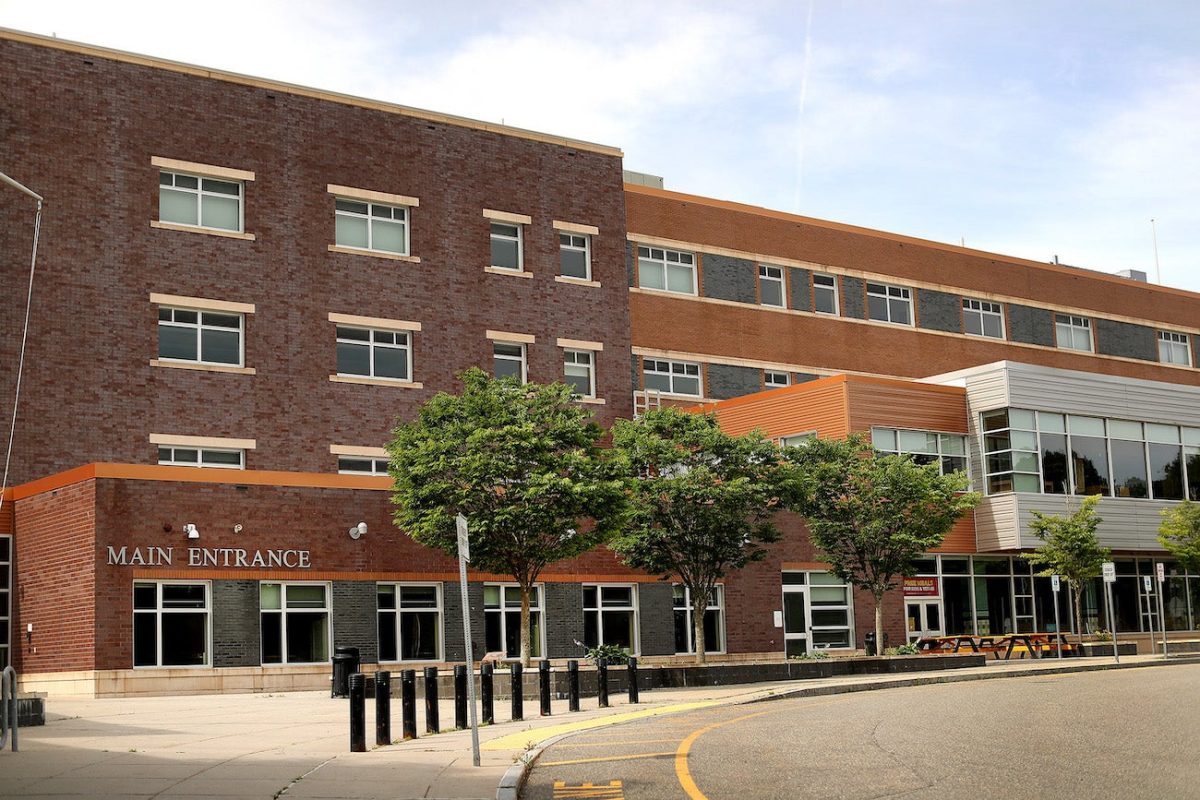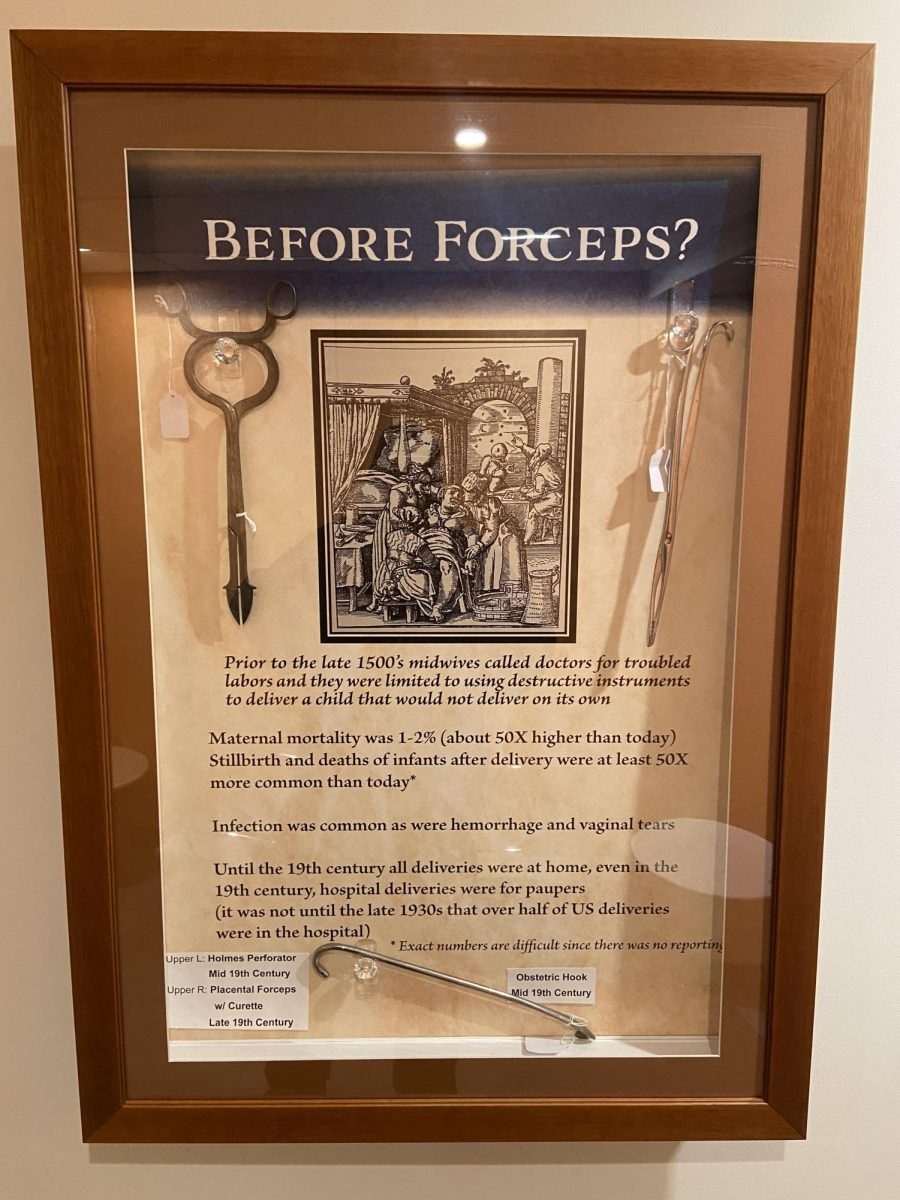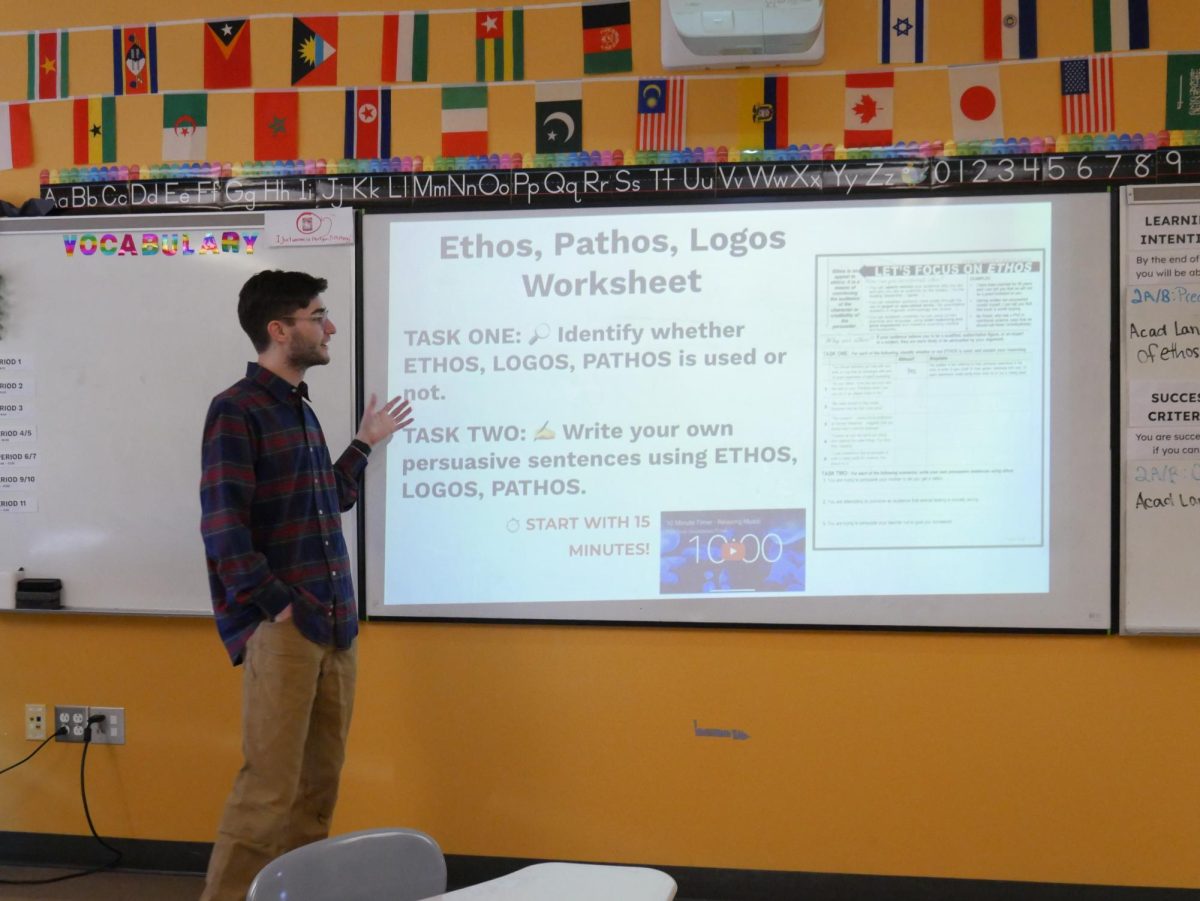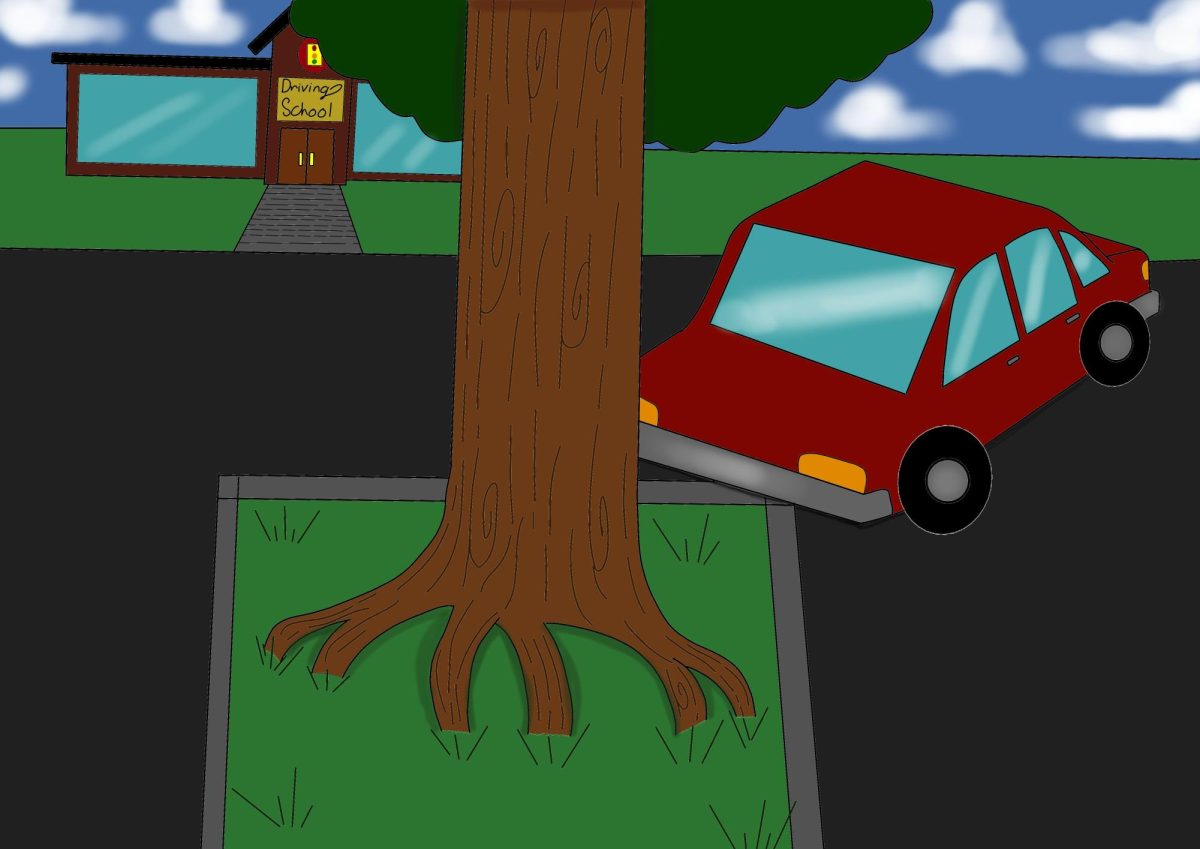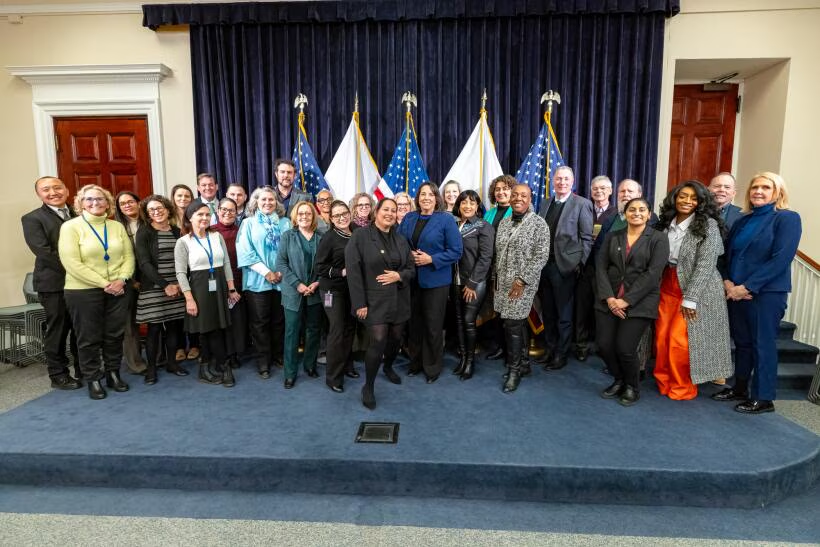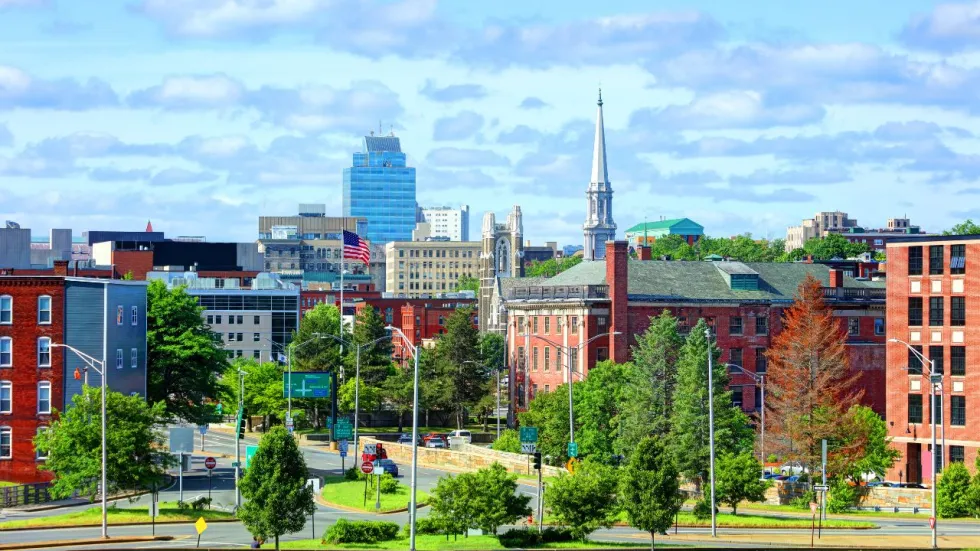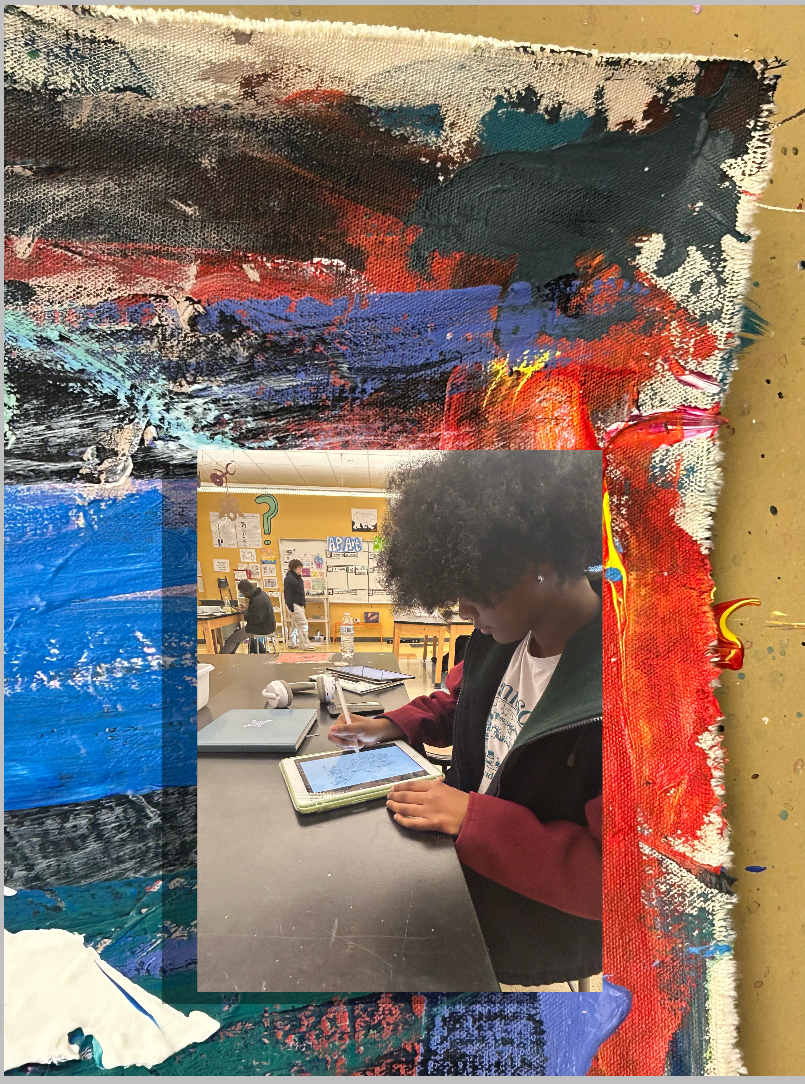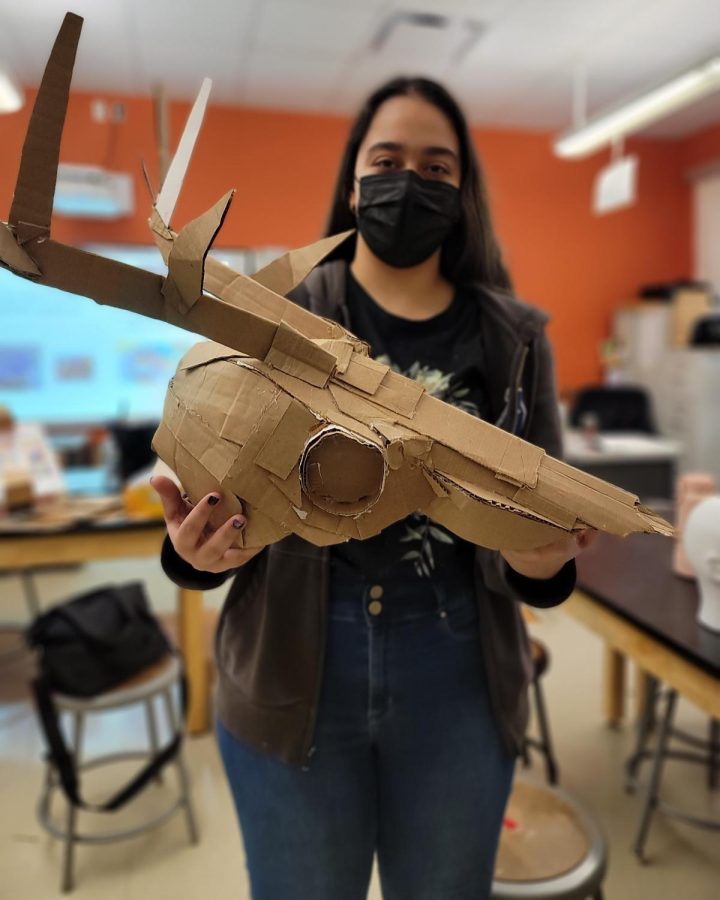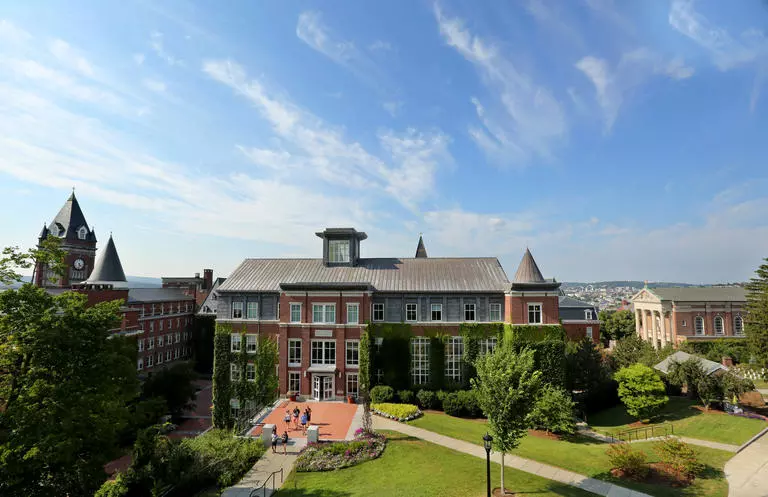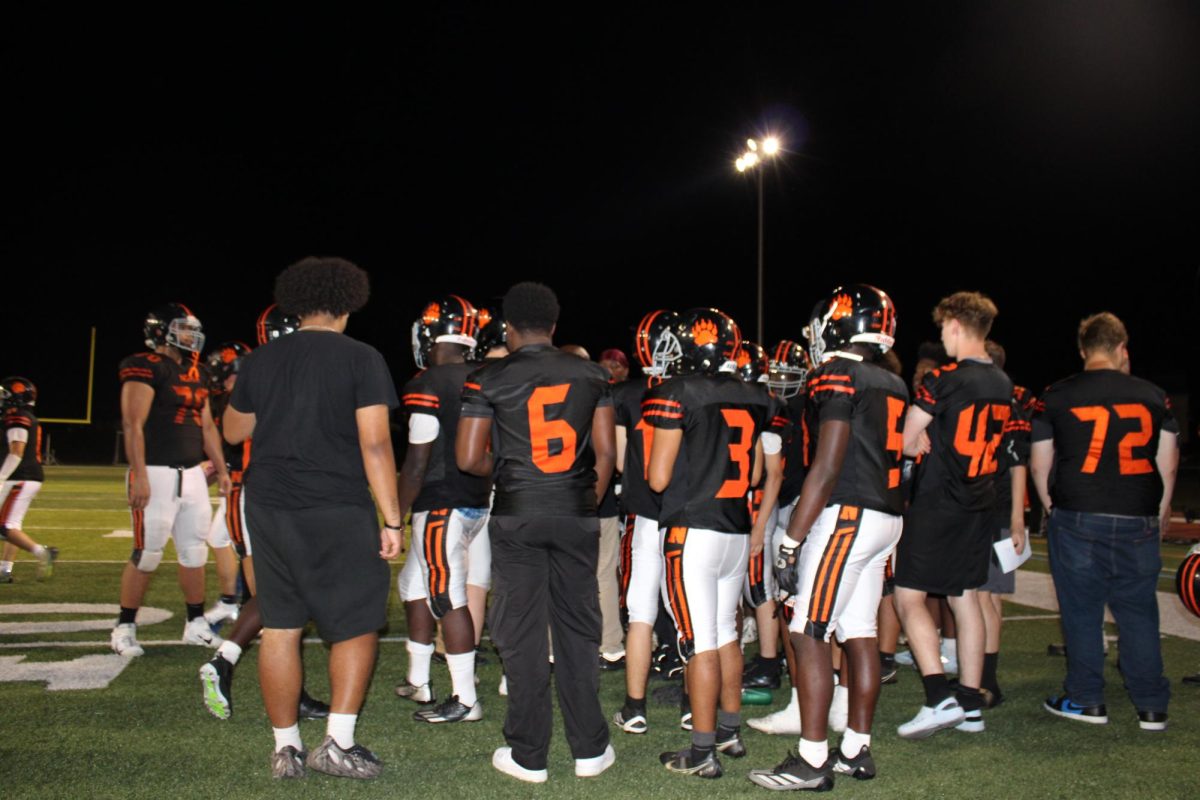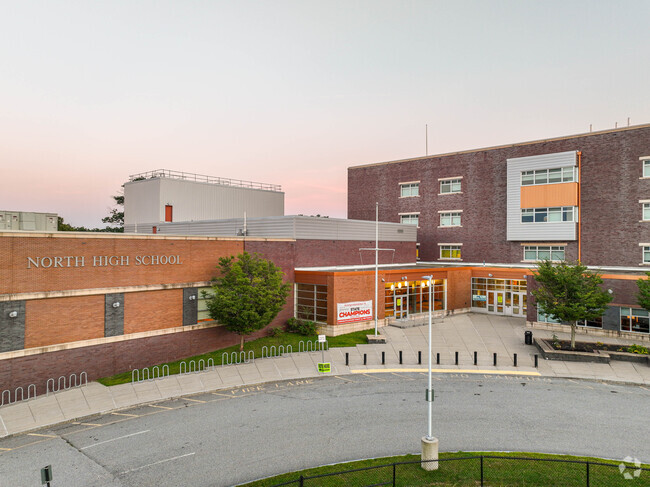As students in the last year of high school are on the precipice of graduation, a common feeling arises – uncertainty about the future. The transition from high school to the next phase of life can be exciting and frightening. While they are at this crossroads, students must make the decision to embark on the academic journey of college or start working.
The choices students make are often influenced by a variety of factors, each playing a crucial role in shaping their paths. the culture, family expectations, financial considerations, and access to educational resources are among the countless elements that contribute to decision-making.
SOME STUDENTS PATHWAY AFTER HIGHSCHOOL
College/University
Some high school graduates choose to continue their education by enrolling in college or university, this decision can be influenced by many factors such as career goals and personal interest.
The type of institution can depend on financial consideration, some students choose do community college, four-year university or vocational schools
PROS:
Higher total salary for college graduates longterm.
More specialized training- less hands on work generally.
CONS:
Expensive
Academically based- harder for those who are less academically inclined.
FAST FACTS:
The average salary for college graduates is significantly higher than for those with only a high school diploma.
Community colleges offer more flexibility in scheduling, catering to part-time or working students.
Workforce
Some students choose to go straight to the workforce after high school. This could be involve a job in a specific finding a job in a specific industry or vocational train to gain certain skills
Financial consideration and the need of having an immediate income are often a motivation factor to start working.
PROS
Entering the workforce earlier and gaining more experience.
Immediate income and potential for saving money.
CONS:
Limited job opportunities without a college degree.
GAP Year
A lot of students are taking a gap year between go to college, or entering the workforce. During this time, they may travel, volunteer, work or engage in personal development activities before committing to further a career education or a career.
PROS:
More time to think about the career you want to encounter.
Personal development opportunities.
CONS:
Struggle to regain lapsed study habits or an interest in academics.
Potential delay in academic progression.
FAST FACTS:
Gap years have helped students clarify their career goals and improve their academic focus.
Military Service
Joining the military is another option for high school students. It provide training and education and a sense of service for the country.
PROS:
Provide training, education and sense of service.
More opportunities for career advancement.
CONS:
Involves a significant commitment of time.
May involve exposure to dangerous conditions.
FAST FACTS:
Military service provides not only job training but also discipline and leadership skills.
Trade or Technical school
For those who are more inclined, hands-on and practical attending a trade or technical school can be a valuable alternative to traditional college. This pathway often leads to careers field such electrician work or automotive repair.
PROS:
Hands-on, practical training for specific.
Trade school can offer students a fast, affordable path to well-paying careers.
CONS:
Limited academic focus.
May face society bias favoring traditional college education.
FAST FACTS:
Trade or technical school graduates may find strong demand in fields like construction and technology.

As students are on the edge of graduation, doubts about the future arise, many students are unaware of the opportunities available, the decision after high school is deeply personal, it is important that students consider their aspirations and strengths when making choices, At a crucial time of transition, the key lies in making informed decisions that set the stage for a fullfilling and successful future.

